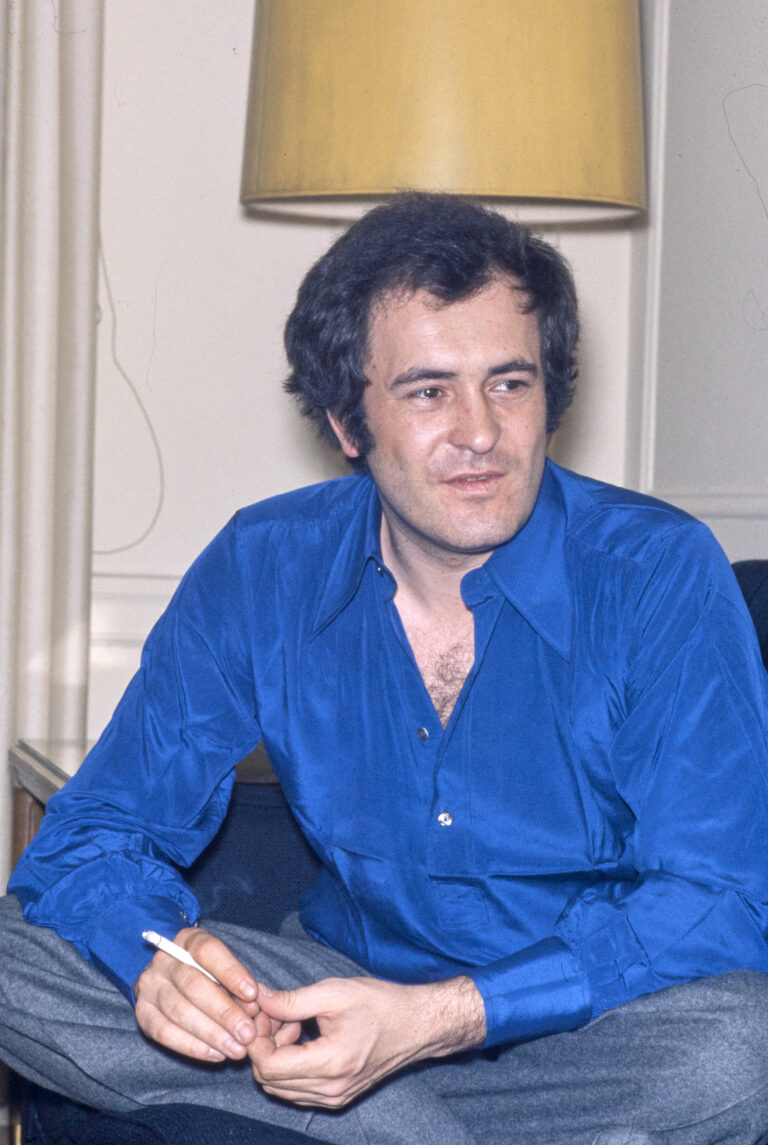
Early Life and Education
Gabriele Salvatores was born on July 30, 1950, in Naples, Italy. Early in his life, his family moved to Milan, where he grew up surrounded by the vibrant cultural and artistic atmosphere of the city. Fascinated by theater and storytelling from a young age, Salvatores pursued formal training in drama and became one of the most influential figures in Italian cinema and theater.
In 1972, Salvatores co-founded the Teatro dell’Elfo in Milan, a theater company dedicated to experimental and socially engaged performances. He spent over a decade directing plays that challenged conventional theatrical norms, gaining recognition as a creative and innovative force.
Transition to Cinema
By the early 1980s, Salvatores began to explore filmmaking, believing that cinema could reach wider audiences and allow for greater creative expression. He made his directorial debut with Sogno di una notte d’estate (A Midsummer Night’s Dream) in 1983. The film was a bold adaptation of Shakespeare’s play, infused with a contemporary rock-and-roll vibe. This project marked the beginning of Salvatores’ journey in cinema, blending fantasy, drama, and societal commentary.
International Breakthrough
Salvatores’ big breakthrough came in 1991 with Mediterraneo, a heartfelt war drama about a group of Italian soldiers stationed on a Greek island during World War II. The film masterfully explored themes of friendship, escapism, and human connection, resonating with global audiences. Mediterraneo won the Academy Award for Best Foreign Language Film in 1992, catapulting Salvatores to international fame and solidifying his reputation as one of Italy’s leading directors.
Themes and Style
Gabriele Salvatores is known for his eclectic storytelling style, which spans multiple genres, including road movies, science fiction, political dramas, and psychological thrillers. His films often explore themes of freedom, identity, memory, and the tension between individuality and societal expectations. Salvatores has a keen interest in blending reality with fantasy, creating narratives that are both relatable and surreal.
Notable Films and Analysis
1. Sogno di una notte d’estate (1983)
A modern adaptation of Shakespeare’s A Midsummer Night’s Dream, this film blends fantasy, music, and romance. It set the tone for Salvatores’ innovative approach to storytelling.
2. Kamikazen: Ultima notte a Milano (1988)
This comedy-drama portrays the struggles of aspiring comedians in Milan, capturing the bittersweet reality of those chasing artistic dreams.
3. Marrakech Express (1989)
A road movie that follows a group of friends reuniting for a journey to Morocco. The film delves into themes of friendship, nostalgia, and adventure.
4. Turné (1990)
Set against the backdrop of a theatrical tour, this film explores the dynamics between two actors and their emotional entanglements.
5. Mediterraneo (1991)
A masterpiece that earned Salvatores his Oscar. The film tells the story of Italian soldiers who find solace and freedom on a Greek island during World War II.
6. Puerto Escondido (1992)
A dark comedy about a man who flees to Mexico after witnessing a crime, this film combines suspense with humor and social commentary.
7. Sud (1993)
A politically charged film addressing social and economic issues in Southern Italy, reflecting Salvatores’ engagement with contemporary societal challenges.
8. Nirvana (1997)
A science fiction film exploring virtual reality and existential questions. It was ahead of its time, blending cyberpunk aesthetics with philosophical musings.
9. Denti (2000)
A surreal psychological drama centered on a man obsessed with his teeth. The film delves into themes of identity and mental anguish.
10. Io non ho paura (2003)
Based on Niccolò Ammaniti’s novel, this thriller follows a young boy who uncovers a dark secret in rural Italy. The film was critically acclaimed for its gripping narrative and emotional depth.
11. Quo vadis, baby? (2005)
A neo-noir thriller featuring a private investigator unraveling personal and professional mysteries.
12. Come Dio comanda (2008)
A drama exploring the complex relationship between a father and son living on the fringes of society.
13. Happy Family (2010)
A lighthearted comedy about two families brought together by the engagement of their teenage children. It offers a witty exploration of family dynamics.
14. Il ragazzo invisibile (2014)
A superhero film about a teenager who discovers his ability to become invisible. Salvatores explores adolescence and identity through a fantastical lens.
15. Il ragazzo invisibile: Seconda generazione (2018)
The sequel continues the adventures of the invisible boy, delving deeper into themes of power, responsibility, and belonging.
16. Tutto il mio folle amore (2019)
A road movie that explores the bond between a father and his estranged son with warmth and humor.
17. Comedians (2021)
An adaptation of Trevor Griffiths’ play, the film offers a raw look at the lives of aspiring comedians and the challenges of staying true to one’s art.
18. Il ritorno di Casanova (2023)
A modern retelling of the legendary lover’s return, blending historical and contemporary narratives.
Awards and Recognition
- Academy Award for Best Foreign Language Film (Mediterraneo, 1992)
- Numerous nominations and wins at prestigious film festivals, including Venice, Cannes, and the David di Donatello Awards
- Recognized for his contributions to Italian cinema and storytelling on the global stage
Legacy and Impact
Gabriele Salvatores’ work has left an indelible mark on Italian and international cinema. His ability to seamlessly navigate different genres while maintaining a unique voice has inspired countless filmmakers. Salvatores continues to create films that challenge conventions, captivate audiences, and explore the human condition.
Conclusion
Gabriele Salvatores remains a vital figure in contemporary cinema. From his roots in experimental theater to his Academy Award-winning films, his career reflects a relentless pursuit of creativity and storytelling. Whether exploring fantastical worlds or delving into the complexities of human relationships, Salvatores’ films resonate with audiences worldwide.
Frequently Asked Questions (FAQs)
1. What is Gabriele Salvatores best known for?
He is best known for directing Mediterraneo, which won the Academy Award for Best Foreign Language Film in 1992.
2. What themes are common in Salvatores’ films?
Freedom, identity, escapism, memory, and societal dynamics are recurring themes in his work.
3. Has Salvatores worked in genres other than drama?
Yes, he has explored multiple genres, including science fiction (Nirvana), comedy (Happy Family), and thrillers (Io non ho paura).
4. What was Salvatores’ first film?
His directorial debut was Sogno di una notte d’estate (1983), a modern adaptation of Shakespeare’s play.
5. Is Gabriele Salvatores still active in filmmaking?
Yes, he continues to produce films, with Il ritorno di Casanova (2023) being one of his latest works.
6. What impact did Salvatores have on Italian cinema?
He revitalized Italian cinema with innovative storytelling, winning international acclaim and inspiring future filmmakers.




